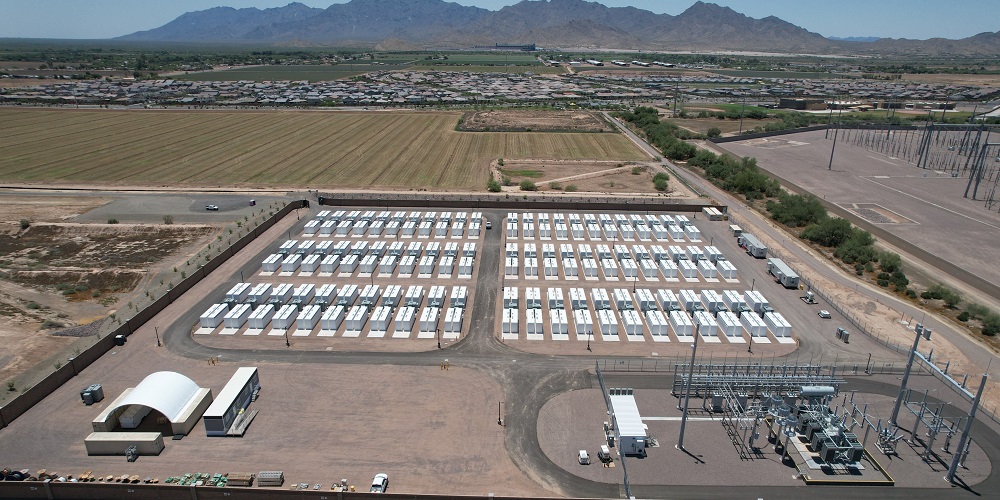India Mandates Energy Storage for Future Solar Projects
In a landmark decision, the Government of India has mandated energy storage systems for all future solar project tenders. This initiative aims to enhance renewable energy adoption and address solar power’s intermittency challenges. The Central Electricity Authority issued an advisory requiring a minimum of two hours of energy storage capacity equivalent to 10% of the installed capacity for upcoming solar projects. This move is expected to improve grid stability and optimize power supply during non-solar hours.
Importance of Energy Storage
Energy storage is essential for managing the variability of solar power. Solar energy generation peaks during the day. However, demand often peaks in the evening. Energy storage systems allow for surplus energy generated during the day to be stored for use during high-demand periods. This ensures a consistent power supply and reduces reliance on fossil fuels.
Regulatory Framework
The new regulations require state utilities and renewable energy agencies to include energy storage in their project tenders. Distribution companies must also integrate storage solutions with rooftop solar installations. This regulatory framework encourages a more reliable and efficient energy market while encouraging investment in storage technologies.
Projected Impact
The implementation of energy storage systems is projected to enable the deployment of approximately 14 GW/28 GWh of storage-backed solar projects by 2030. This aligns with India’s ambitious target of achieving 500 GW of renewable energy capacity by the same year. The government anticipates that this initiative will contribute to the overall stability and reliability of the power grid.
Cost Considerations
Recent declines in battery prices are expected to make energy storage more economically viable. Lower costs will likely reduce power purchase costs during non-solar hours. This economic factor is crucial for the widespread adoption of energy storage systems, making renewable energy more competitive against traditional energy sources.
Future Prospects
The integration of energy storage in solar projects represents step towards a sustainable energy future in India. By enhancing grid stability and optimising power supply, this initiative supports the country’s transition to a low-carbon economy. It also encourages innovation in energy storage technologies, further driving down costs and improving efficiency.
Role of Designated Agencies
The government’s annual bidding process for solar projects is managed by four designated agencies, including the Solar Energy Corporation of India (SECI), NTPC, and NHPC. These agencies are tasked with ensuring compliance with the new regulations. They will specify mechanisms to guarantee energy storage availability during non-solar hours, thus reinforcing the initiative’s objectives.
Month: Current Affairs - February, 2025
Category: Government Schemes Current Affairs







